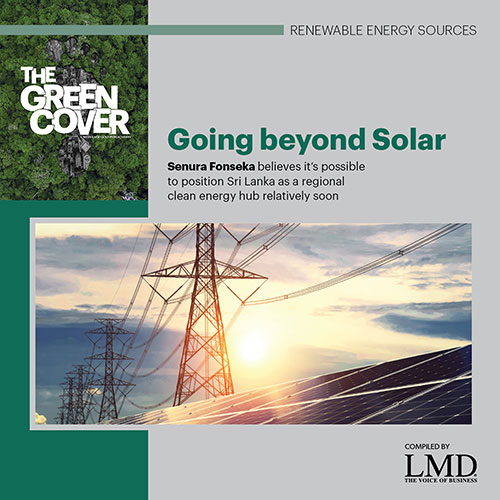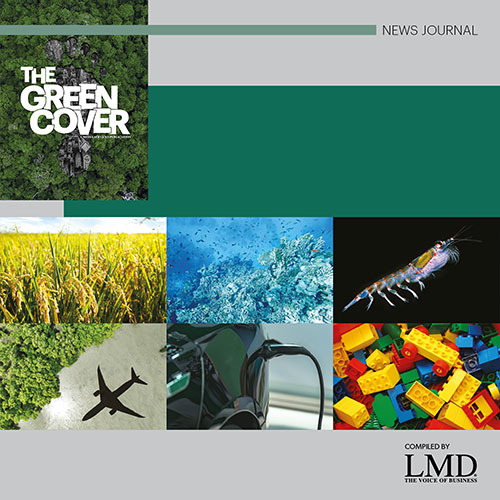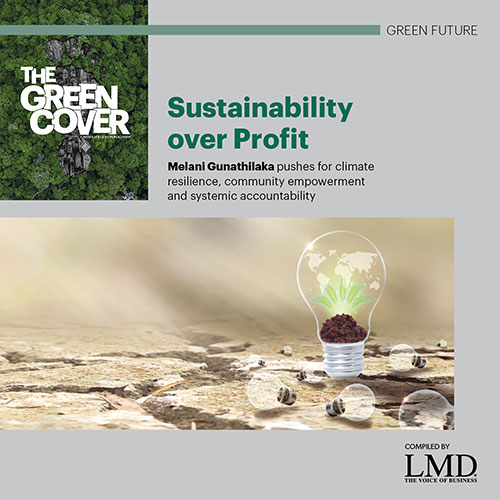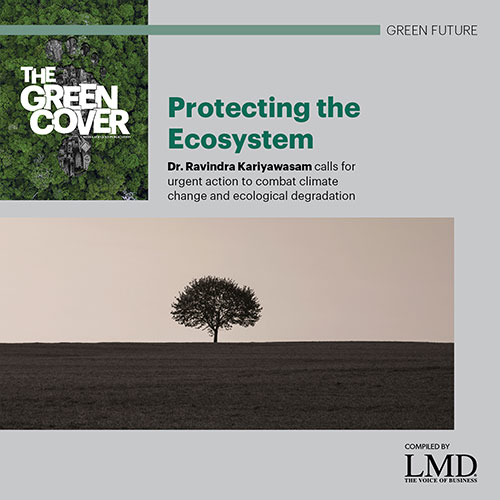SUSTAINABLE DEVELOPMENT IMPERATIVES
Accountability in Action
In an era defined by accelerating climate risks, corporate accountability has moved from the sidelines to the mainstream. Today, businesses are no longer judged solely by their financial performance – they are expected to contribute meaningfully to the resilience of communities, ecosystems and economies.
The world is watching and the demands are clear. Stakeholders expect transparency and demand credible, sustainable strategies. Governments are introducing regulations that embed climate action into the core of business operations. The question facing companies is no longer whether they should act, but how swiftly and meaningfully they can deliver results.
A recent study released in April 2025 reveals a staggering figure – the world’s 111 largest corporations have collectively contributed to an estimated US$ 28 trillion in climate-related damage over recent decades – with more than half of this impact tied to a handful of fossil fuel giants.
Secretary-General of the United Nations António Guterres warns: “We don’t have a moment to lose. No region is being spared from the ravages of accelerating climate catastrophes… Yes, our world faces massive headwinds and a multitude of crises. But we can’t allow climate commitments to be blown off course.”
Despite advances in certain areas, major challenges remain. And the gap between commitments and outcomes remains a critical concern. Transparency, independent verification, and clear reporting standards are essential if trust is to be earned and maintained.
As distinguished climate scientist Dr. Katharine Hayhoe notes: “Our carbon emissions have to eventually go to zero. We have to. Otherwise, we’re never going to have a stable climate – and that’s what our goal is: for human civilisation to thrive, we need a stable climate. We don’t want one that’s hotter, we don’t want one that’s colder, we want one that’s stable.”
Against this backdrop, World Environment Day 2025 turns the spotlight on plastic pollution – one of the most widespread yet resolvable environmental threats we face. For decades, plastics have dominated every part of the planet and have contaminated oceans, soil, food systems and even our own bodies. Today, however, we stand at a critical juncture where reversing this damage is not only possible but within reach.
This year’s theme championed through the UNEP led #BeatPlasticPollution campaign, calls for accelerated action across all sectors of society. From governments to businesses and individuals, the message is clear – we must refuse, reduce, reuse, recycle and rethink our relationship with plastics.
At the same time, World Environment Day 2025 reaffirms the momentum towards a historic milestone – the global commitment forged in 2022 to develop an international, legally binding treaty aimed at ending plastic pollution. This year’s campaign reminds us that meaningful change is not simply necessary – it’s achievable through innovation, leadership and sustained global cooperation.
With The Green Cover, we see our contribution as a small part of this dialogue. The year 2025 demands courage, transparency and collaboration. It demands that businesses, governments, communities and individuals alike recognise that the climate crisis is not someone else’s issue to solve. It is ours, together.
– Tamara Rebeira






